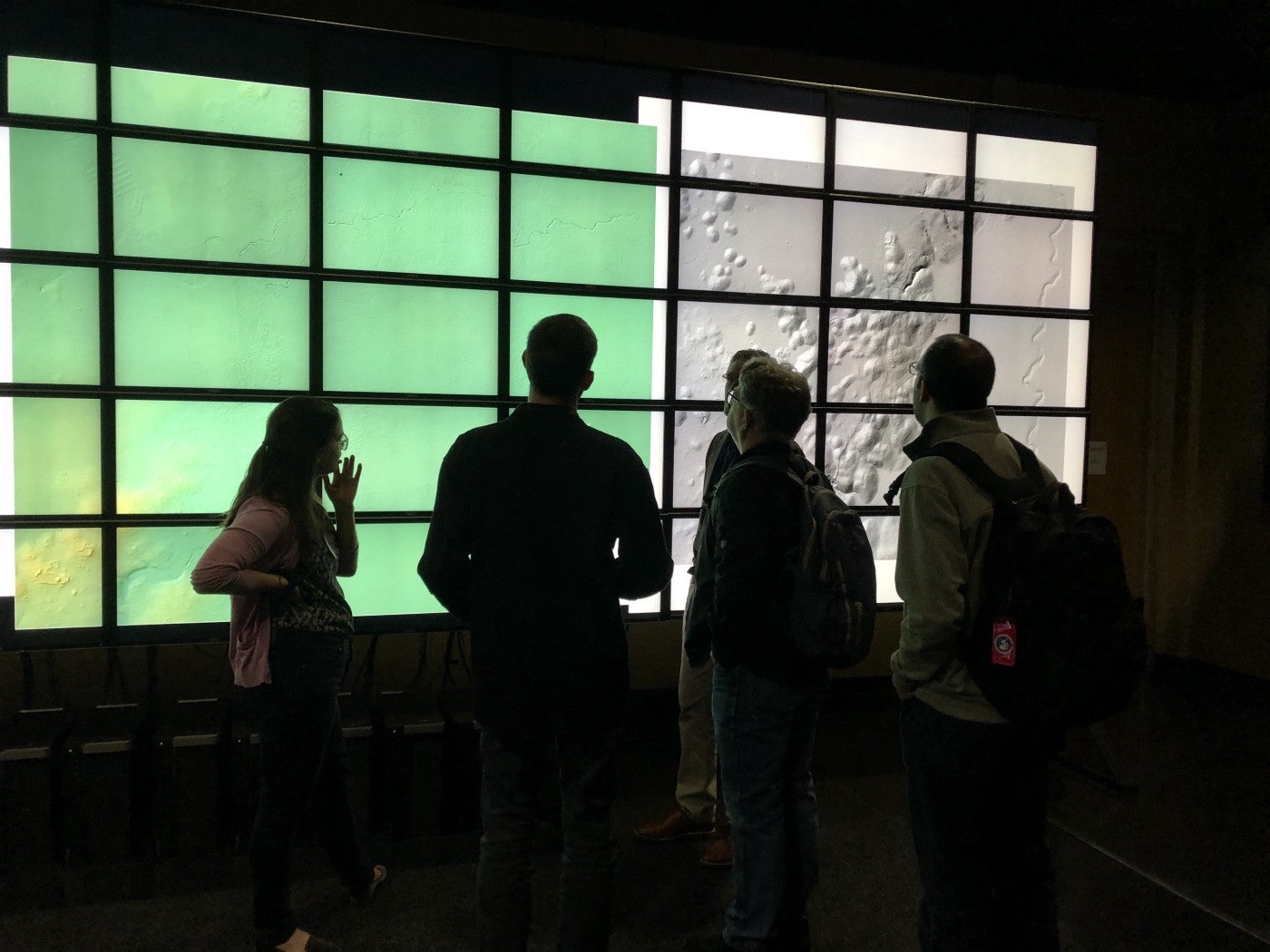
In the past, changes in sea level, droughts, erosion or sedimentation, or flooding have led to the abandonment of settlements. Those ruined towns and cities bear witness to environmental changes that left them unsustainable.
But the people who lived in them didn’t simply die or vanish. They moved. We can read this movement in the old settlements scattered across the landscape, but we can also read it in our own DNA, equally dotted with the evidence for past migrations.
For all of our history, mobility has helped to ensure our species’ success. If the mosquito problem in our neighborhood was too much to bear, we left. But as more and more of the world’s population lives in cities, as more and more of our infrastructure and wealth is invested in those cities, and as our national borders harden in response to population movements driven by the ancient impulse to flee from danger, this option is increasingly fraught with conflict and risk.
As part of Planet Texas 2050, Classics Associate Professor Adam Rabinowitz has sought to find ways to bridge the divide between the distant past and the present, and to show how previous human experience is relevant to our future. His new flagship project, “Stories of Ancient Resilience,” focuses in particular on the ways complex societies in the past responded to climate change and pressures on shared resources like water — issues that today’s cities are grappling with.
Read more from Rabinowitz in his blog post for “Not Even Past.”

